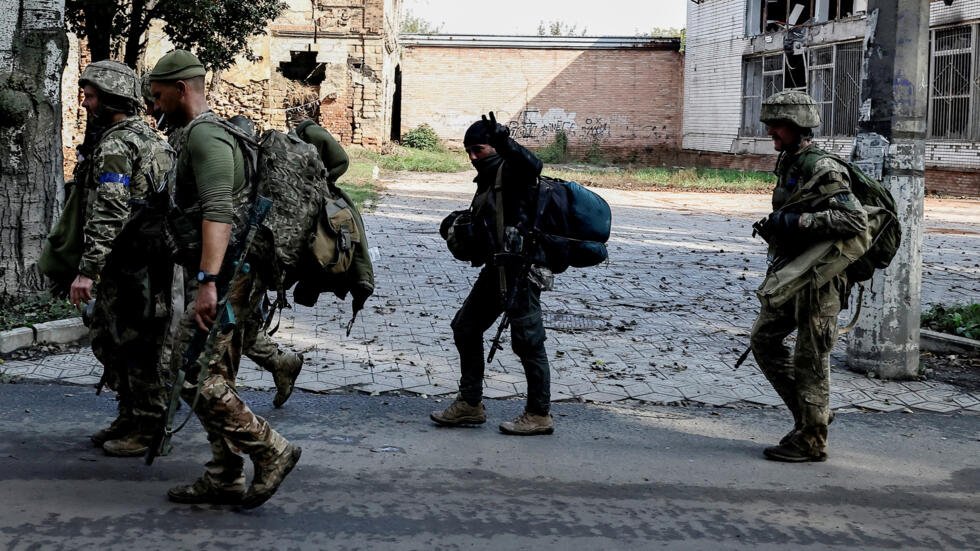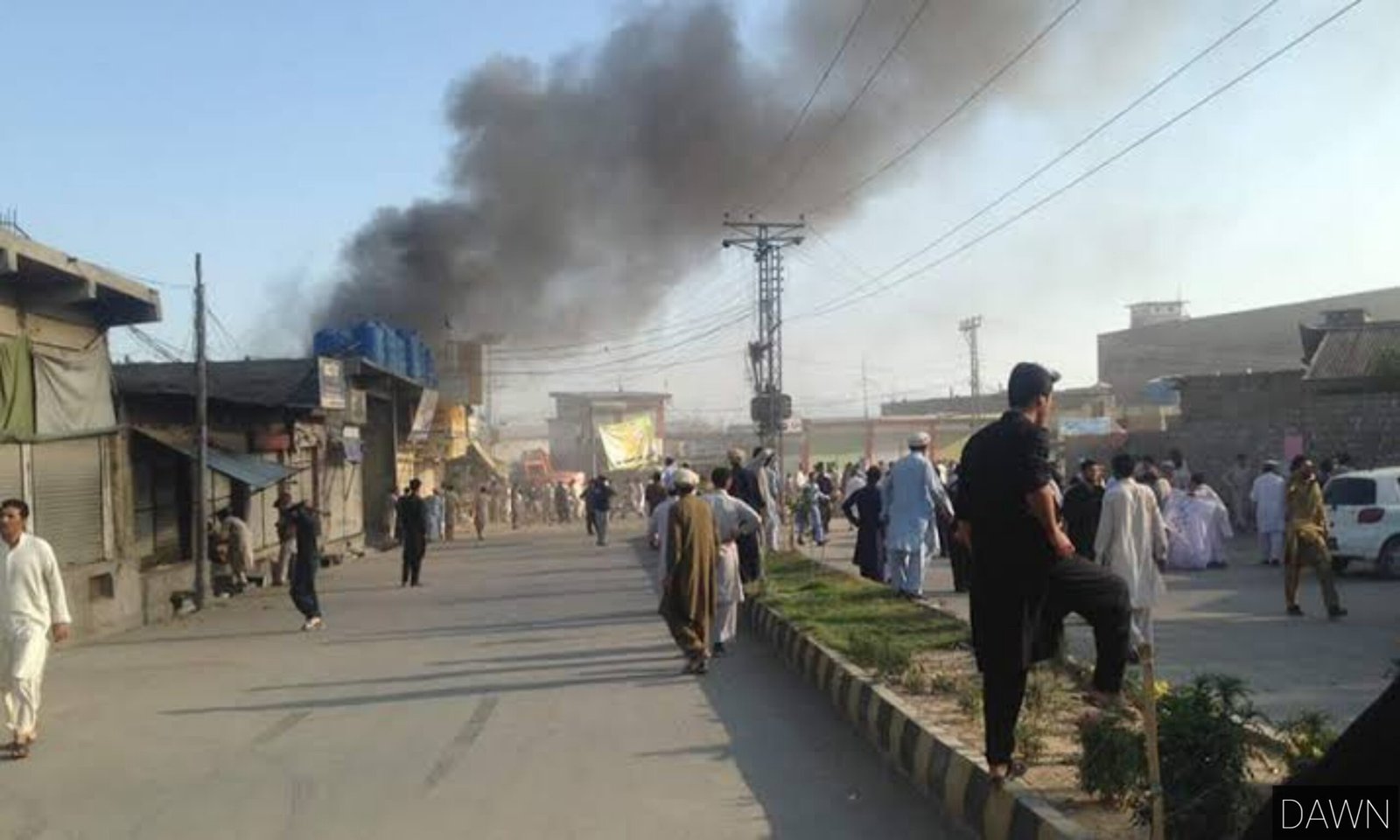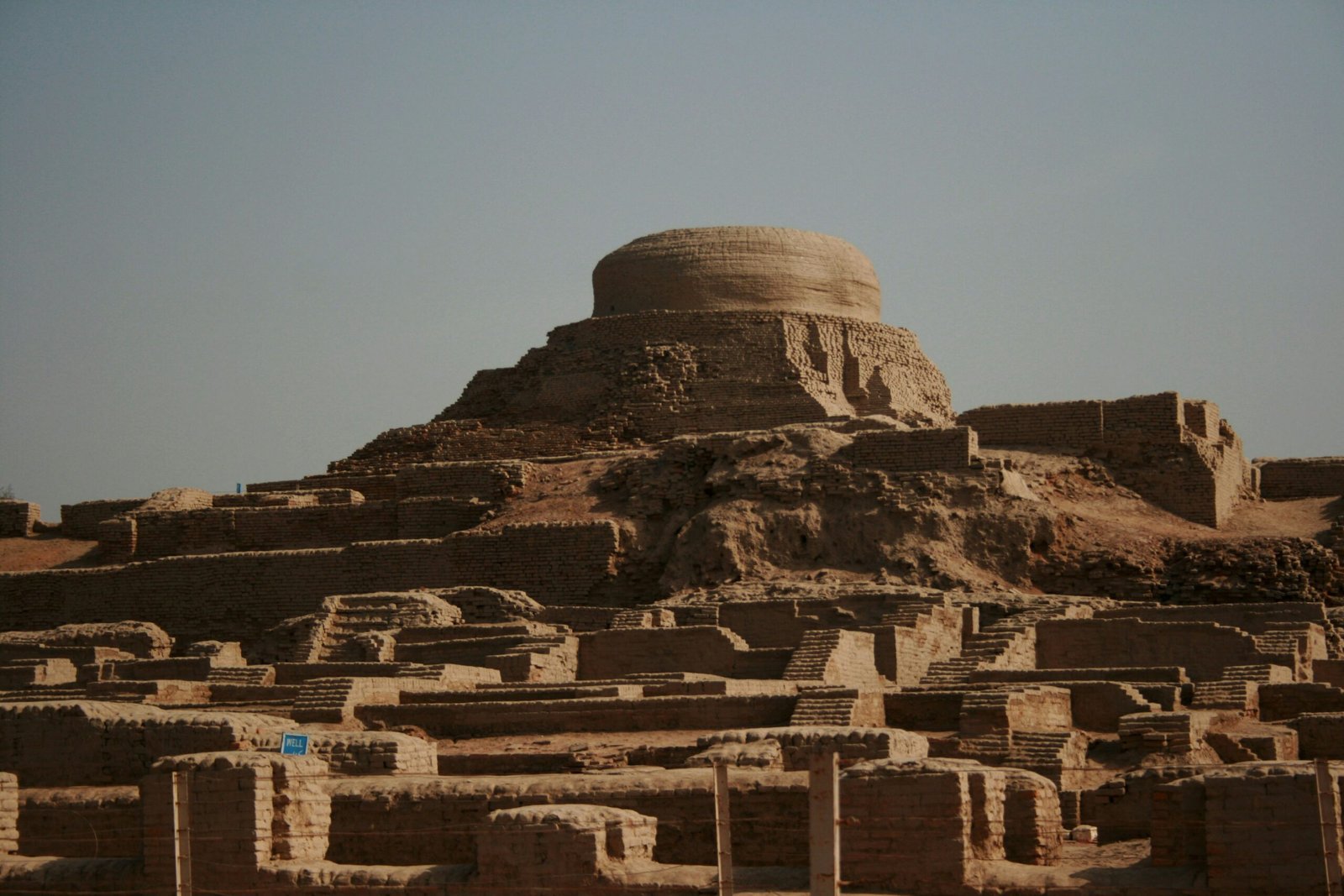
A terrible accident happened to the bus of Pakistani pilgrims near the city of Taft in Yazd province of Iran۔ Reuter says that after investigating the incident from the police, it was found that the accident occurred due to brake failure.
According to the director of the provincial crisis management department, 28 people died in the accident, including 11 women and 17 men While earlier, the Pakistani official media reported the death toll at 35 with reference to the Iranian media.
The Pakistani ambassador Muhammad Mudassar in Iran says that Embassy officials have been dispatched to Yazd. Among them, one officer, Zahid, is monitoring emergency situations.

All the injured persons are undergoing treatment in three different hospitals The condition of 14 of the injured is said to be critical
Salar Athar Shamsi, one of the pilgrims, said that they were going to Iraq for Arbaeen.
Pakistani President Asif Ali Zardari and Prime Minister Shehbaz Sharif took notice of the incident. Instructions have been issued to bring back the dead bodies of Pakistani pilgrims in a timely manner.
What is Arbaeen?
Arbaeen, a deeply revered event in Shia Islam, marks the end of the mourning period for the martyrdom of Imam Husain (RA), the grandson of the Prophet Muhammad (Peace Be Upon Him). Traditionally observed on the 20th of Safar, the Islamic month that follows Muharram, this day commemorates a pivotal moment in Islamic history and serves as a reminder of the triumph of righteousness over tyranny.
Historical Context
The significance of Arbaeen lies in its roots tracing back to the Battle of Karbala, which occurred in 680 CE. Imam Husain(RA), along with his family and companions, faced oppression from the Umayyad caliph Yazid. The ensuing battle resulted in the martyrdom of Imam Husain(RA) and his followers, leading to a profound legacy of resilience among Shia Muslims. Arbaeen, therefore, not only symbolizes mourning but also the revival of values such as justice, bravery, and sacrifice.
Commemoration Practices
In modern times, Arbaeen is observed through various practices, including pilgrimages to the holy city of Karbala, where the shrine of Imam Husain(RA) is located. Millions of devotees walk for days from neighboring cities, both as a demonstration of their devotion and to express solidarity with the principles for which Imam Husain(RA) stood. This pilgrimage, known as the Arbaeen Walk, highlights the unity of the Shia community and reinforces their commitment to remembering the sacrifices made during the Battle of Karbala.







